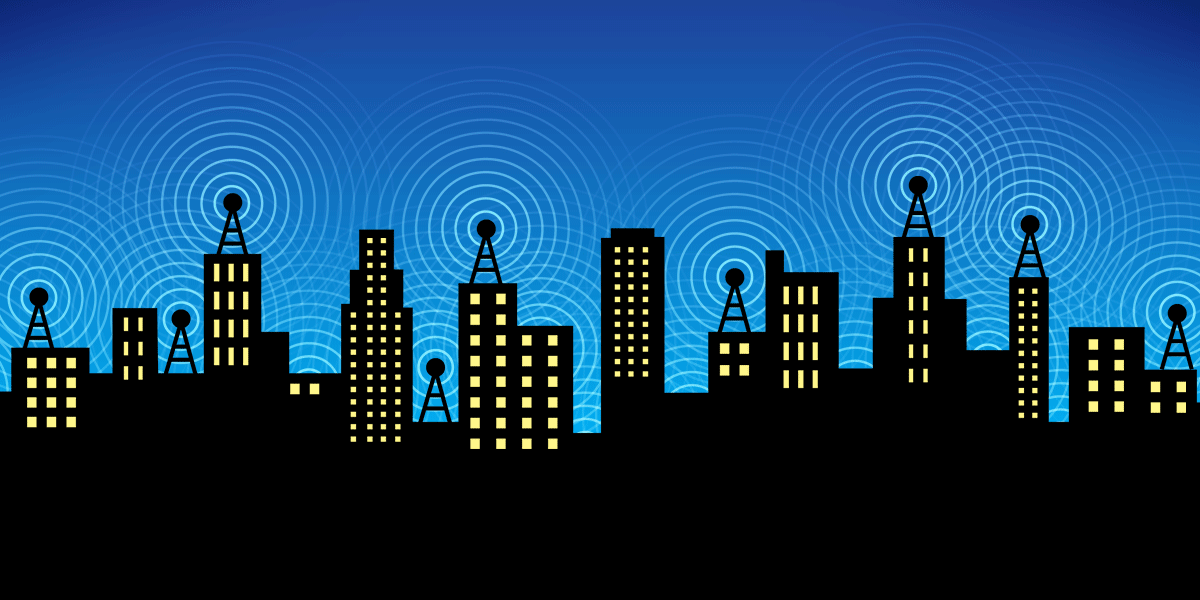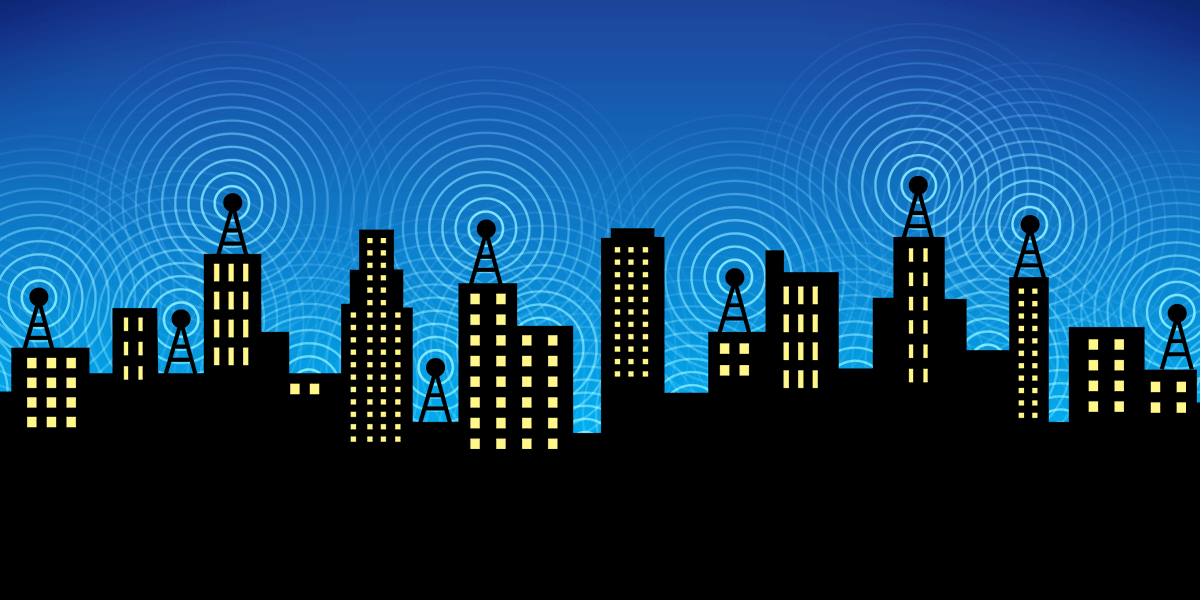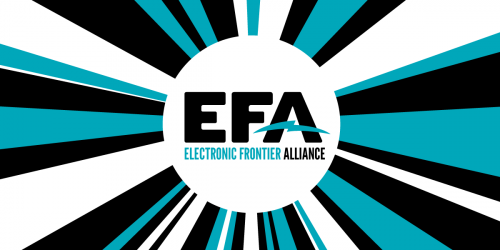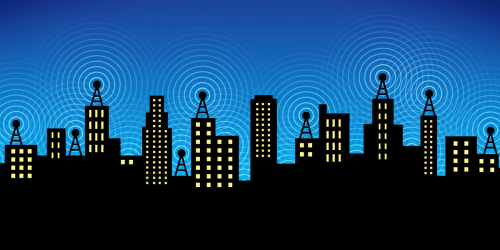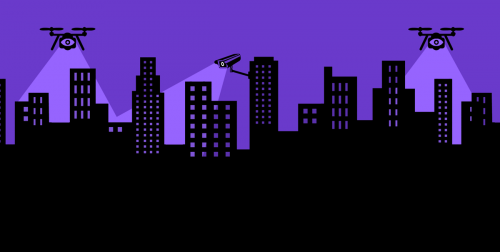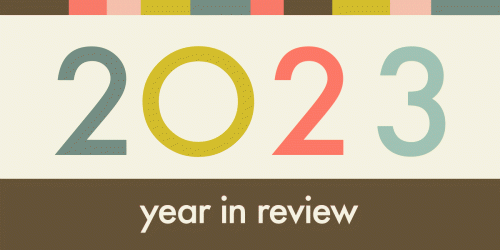Here at EFF digital equity is something that we advocate for, and we are always thrilled when we hear a member of the Electronic Frontier Alliance is advocating for it as well. Simply put, digital equity is the condition in which everyone has access to technology that allows them to participate in society; whether it be in rural America or the inner cities—both places where big ISPs don’t find it profitable to make such an investment. EFF has long advocated for affordable, accessible, future-proof internet access for all. I recently spoke with EFA member CCTV Cambridge, as they partnered with the Massachusetts Broadband Institute to tackle this issue and address the digital divide in their state:
How did the partnership with the Massachusetts Broadband Institute come about, and what does it entail?
Mass Broadband Institute and Mass Hire Metro North are the key funding partners. We were moving forward with lifting up digital equity and saw an opportunity to apply for this funding, which is going to several communities in the Metro North area. So, this collaboration was generated in Cambridge for the partners in this digital equity work. Key program activities will entail hiring and training “Digital Navigators” to be placed in the Cambridge Public Library and Cambridge Public Schools, working in partnership with navigators at CCTV and Just A Start. CCTV will employ a coordinator as part of the project, who will serve residents and coordinate the digital navigators across partners to build community, skills, and consistency in support for residents. Regular meetings will be coordinated for Digital Navigators across the city to share best practices, discuss challenging cases, exchange community resources, and measure impact from data collection. These efforts will align with regional initiatives supported through the Mass Broadband Institute Digital Navigator coalition.
What is CCTV Cambridge’s approach to digital equity and why is it an important issue?
CCTV’s approach to digital equity has always been about people over tech. We really see the Digital Navigators as more like digital social workers rather than IT people in a sense that technology is required to be a fully civically engaged human, someone who is connected to your community and family, someone who can have a sense of well being and safety in the world. We really feel like what digital equity means is not just being able to use the tools but to be able to have access to the tools that make your life better. You really can’t operate in an equal way in the world without the access to technology, you can’t make a doctor’s appointment, talk to your grandkids on zoom, you can’t even park your car without an app! You can’t be civically engaged without access to tech. We risk marginalizing a bunch of folks if we don’t, as a community, bring them into digital equity work. We’re community media, it’s in our name, and digital equity is the responsibility of the community. It’s not okay to leave people behind.
It’s amazing to see organizations like CCTV Cambridge making a difference in the community, what do you envision as the results of having the Digital Navigators?
Hopefully we’re going to increase community and civic engagement in Cambridge, particularly amongst people who might not have the loudest voice. We’re going to reach people we haven't reached in the past, including people who speak languages other than English and haven’t had exposure to community media. It’s a really great opportunity for intergenerational work which is also a really important community building tool.
How can people both locally in Massachusetts and across the country plug-in and support?
People everywhere are welcomed and invited to support this work through donations, which you can do by visiting cctvcambridge.org! When the applications open for the Digital Navigators, share in your networks with people you think would love to do this work; spread the word on social media and follow us on all platforms @cctvcambridge!


